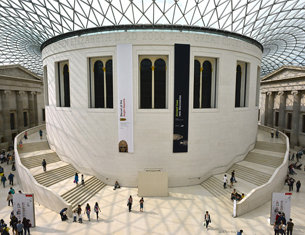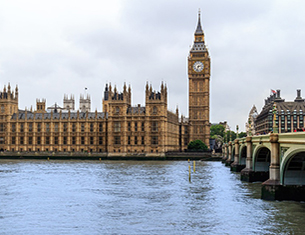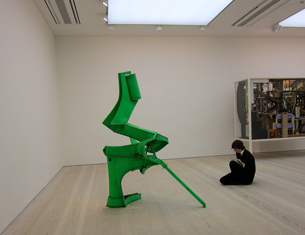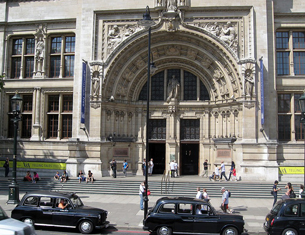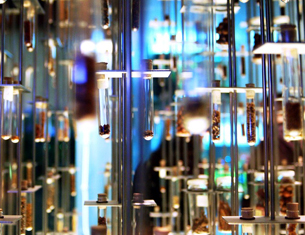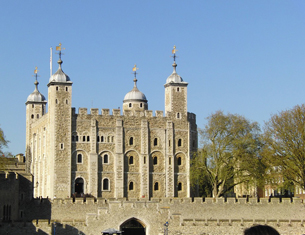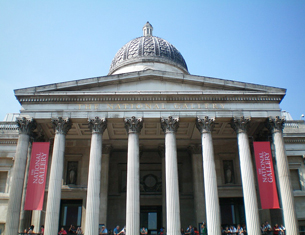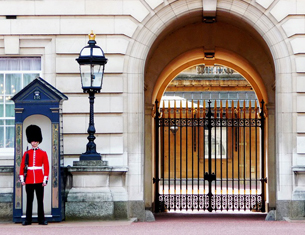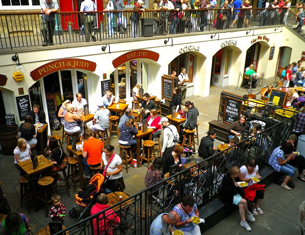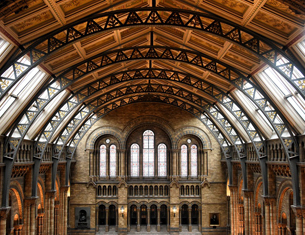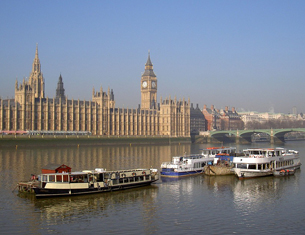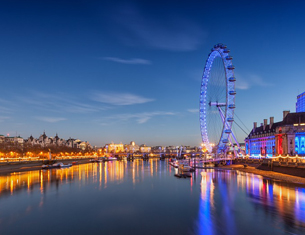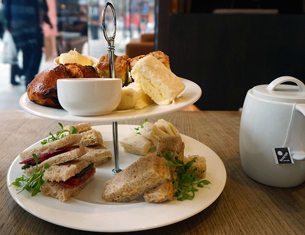Visit London
About London
How long do you have – a week a month, a year? In London you could literally visit a tourist attraction every day and stay enthralled for a year. It’s entertainment overload, with a rich history reflected in its art galleries, museums, castles and cathedrals, and its culture captured in its parks, pubs, clubs, shops, pomp and circumstance, pageantry and ghosts.
There are ways to keep the costs down too - many attractions are free, multi-pass tickets reduce the transport costs, ticket booths offer discounted theatre seats, and you can eat street snacks or in markets for a couple of quid.
What you choose to do in London, more than anywhere else in the world, will depend on your personal taste, because if you want something, there’ll be a place to find it.
Travel Tips
To enjoy the capital at its best, go in late spring or early summer for the best weather and fewer tourists.
Try to base yourself near the centre, or certainly near a tube station. If you don’t like crowds, avoid the tube trains in peak commuter periods.
Central hotels are more expensive, but you’ll save a lot of travelling time.
The London Pass is a great saver if you’re going to visit a lot of attractions. The upfront fee gives you free entry to more than 60 tours and attractions.
Time
Not surprisingly, London operates on Greenwich Mean Time (GMT). Daylight Saving Time sends the clocks forward an hour on the last Sunday of March and back an hour on the last Sunday of October.
Currency
The Pound Sterling is the currency. Sadly, you’ll need a lot of Rands to buy yourself any. There are forex bureaux and ATMs everywhere, and credit and debit cards are ubiquitous.
Weather
Theoretically, the summer runs from July to September, but you may not notice. To be fair, sometimes the city does get very stifling with little breeze to cool it down. Winter can be bitter from December to March, with snow occasionally bringing the place to a halt. It will rain too, usually when you least expect it.
Electricity
Electrical sockets are the three square-pinned variety and the standard voltage is 230V.
Communications
This is a 4G city where almost all products and services have a smartphone app, so you get lots of useful info on the go. Lebara Mobile offers good value data connectivity and discounted call rates to some international destinations, like South Africa. It has a store at the airport and staff will help you choose the correct SIM and pre-paid option. There are plenty of pubs and cafes with wifi hot spots, many of them free.
Public Transport
London has excellent public transport, so don’t even think about hiring a car. Buses are good for sightseeing if you manage to get upstairs on a double decker. Bus stops have maps explaining their routes and where to go for a bus to a chosen destination. Tube trains are fast and efficient but you don’t see a thing.
The City Mapper app (citymapper.com/London) has a route planner for how to get from A to B, including the fares. Rather than buy a ticket for each journey, buy a Travelcard at any tube or bus station to cover the period you’re staying. They offer a significant discount on trains, buses and some boat services.
The city centre is very pedestrian-friendly, so if you’re not going too far it’s worth the walk because you’ll see more, save the fare and avoid the claustrophobia.
London’s Black Cabs are brilliant because you can hail one in the street and there are lots of taxi ranks around.
Airport to City Center
Getting into London is easy. The choice comes down to whether time or money is more important. Fastest by far is the Heathrow Express, which whisks you to Paddington Station in 15 minutes. Slower but much cheaper is the ordinary tube, which stops at numerous stations and is handy if you don’t want to end up in Paddington. There are buses and taxis too, but frankly, why bother?
For South African Airways flight offers, visit our flights to London page.


